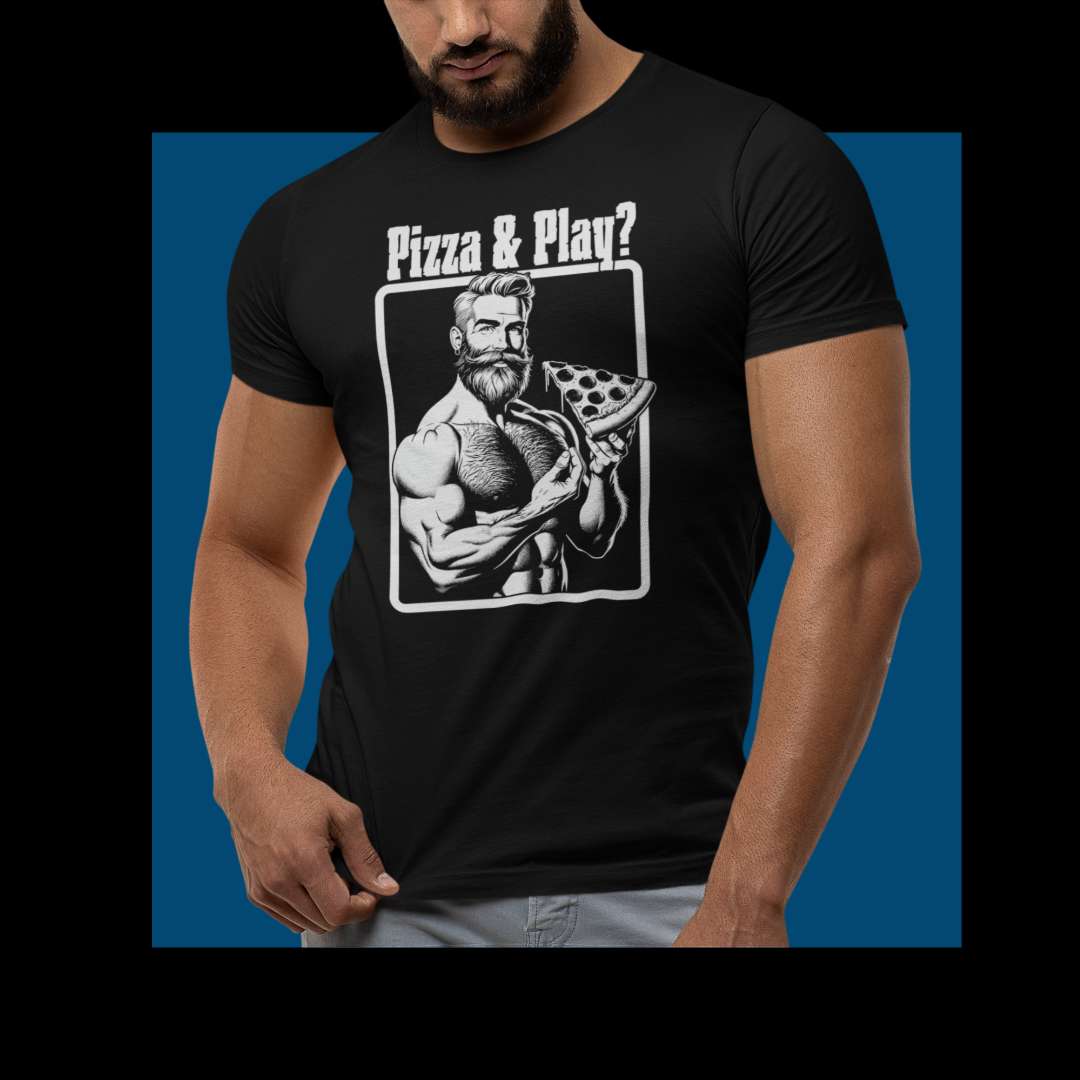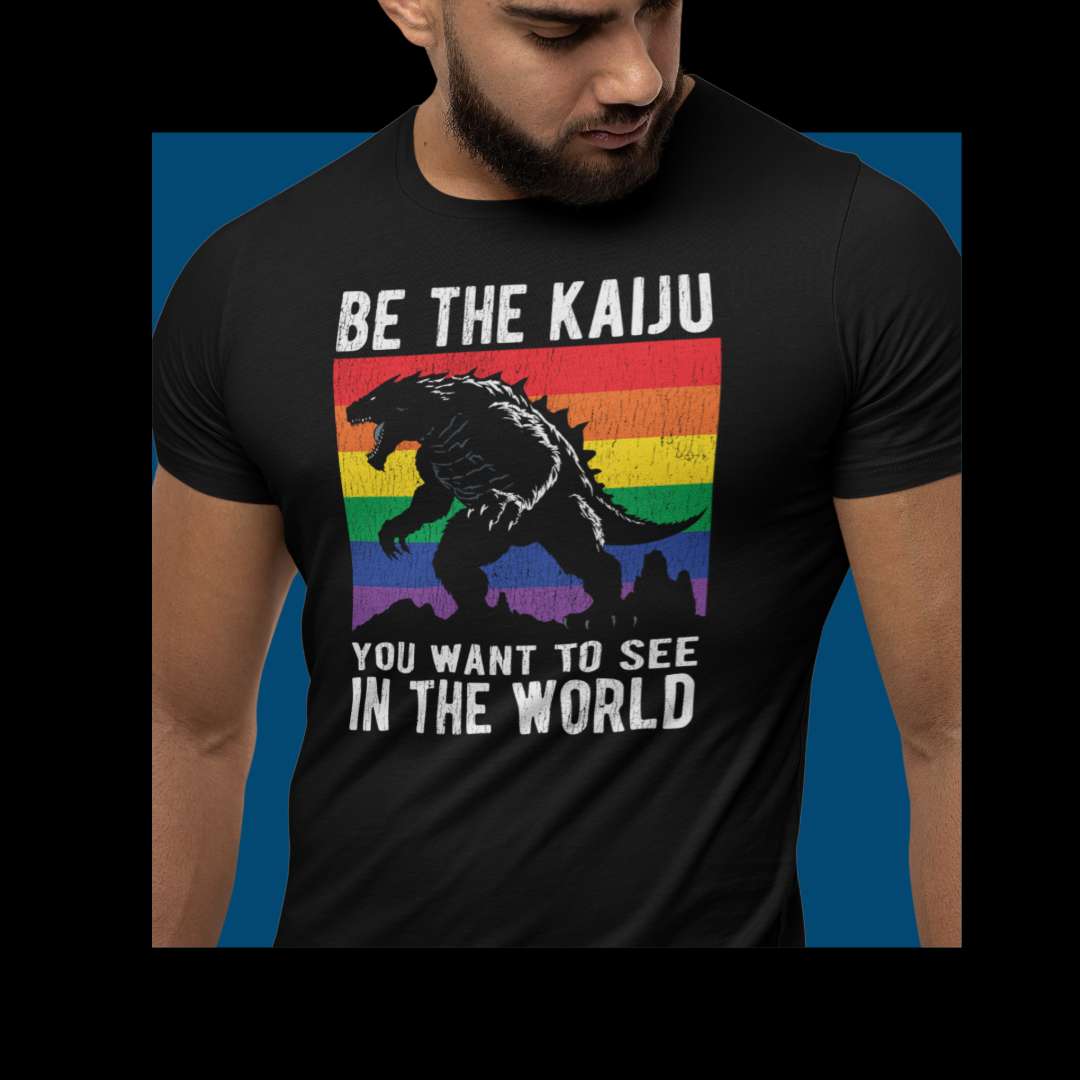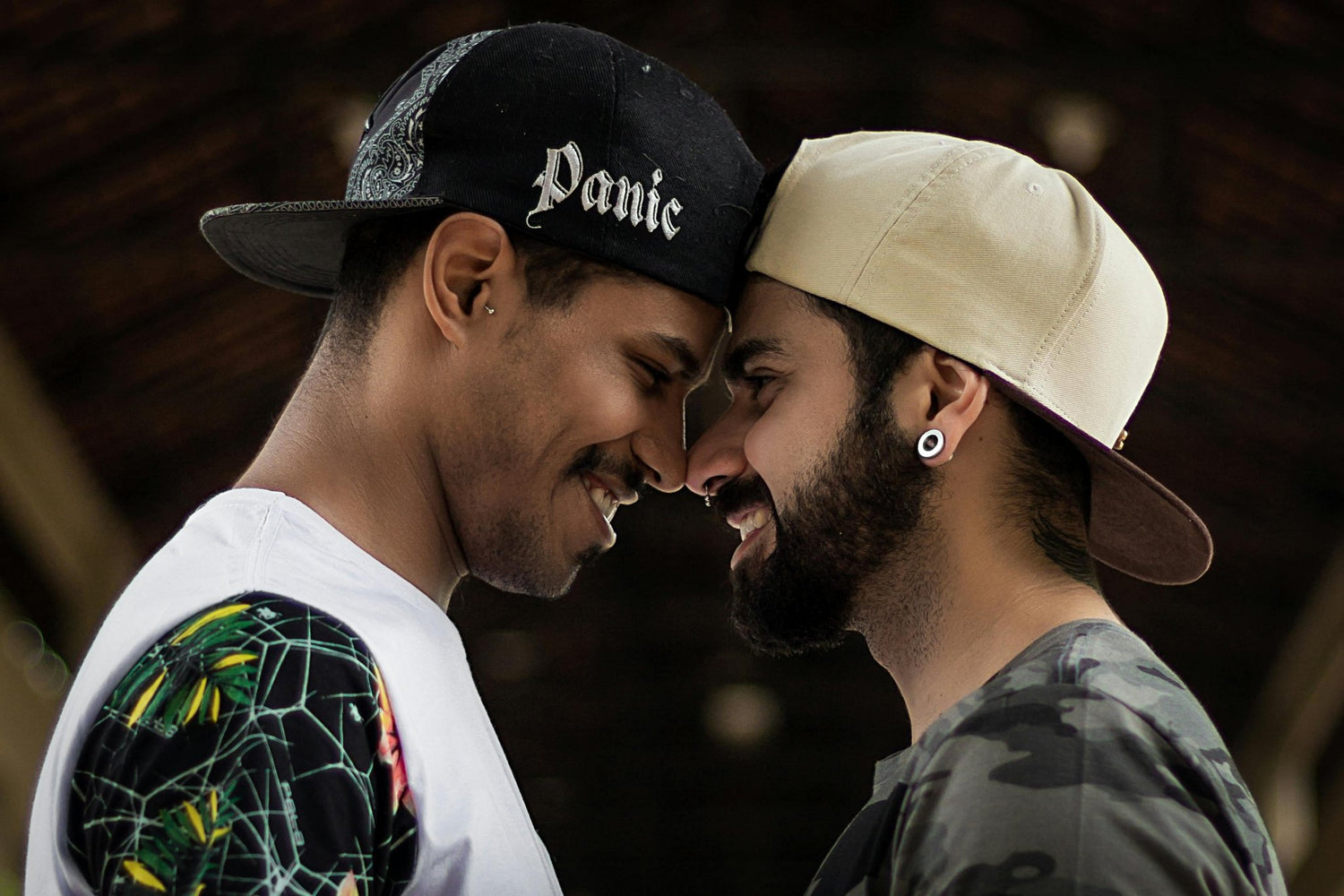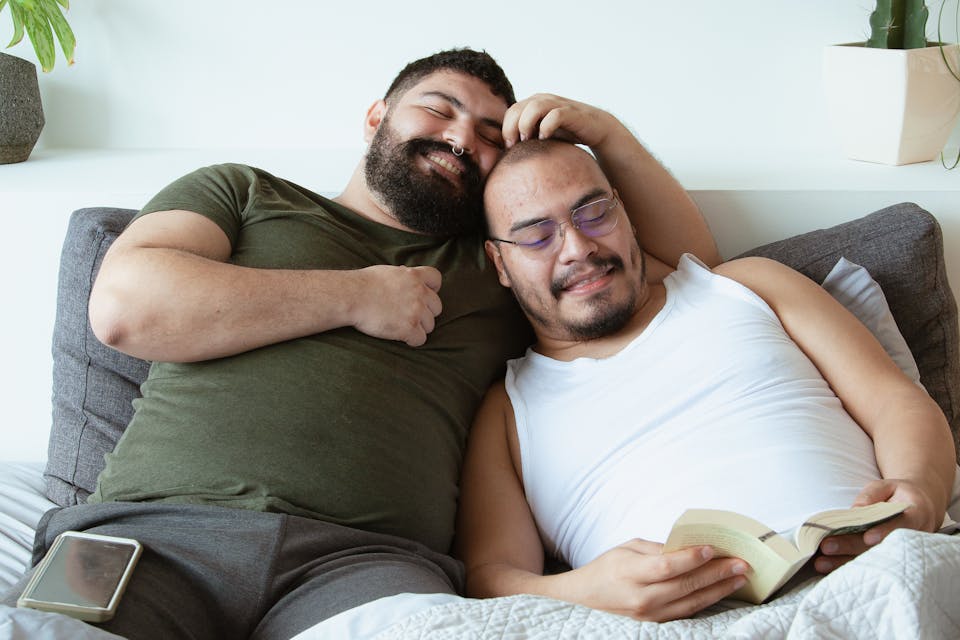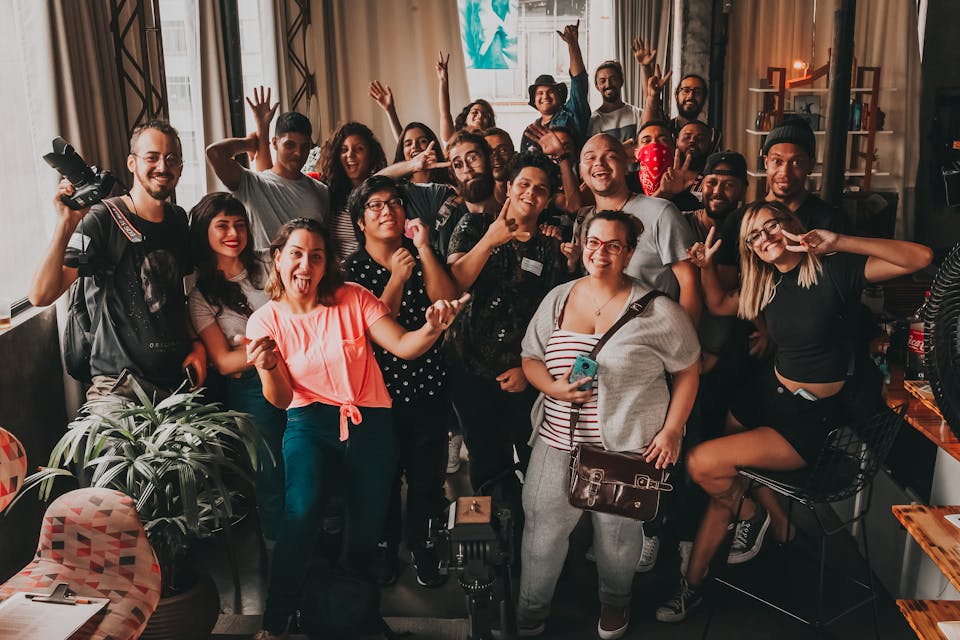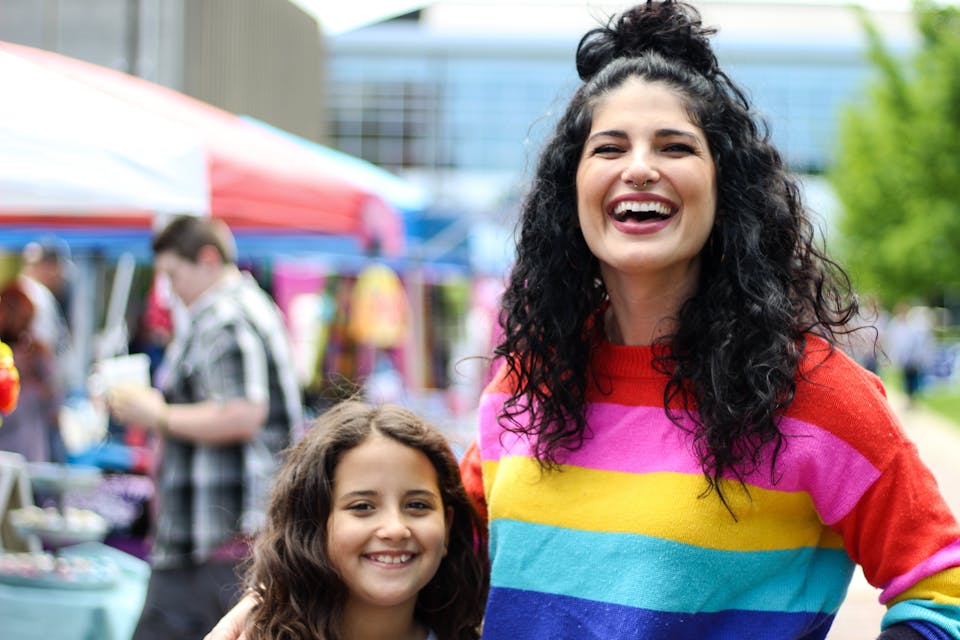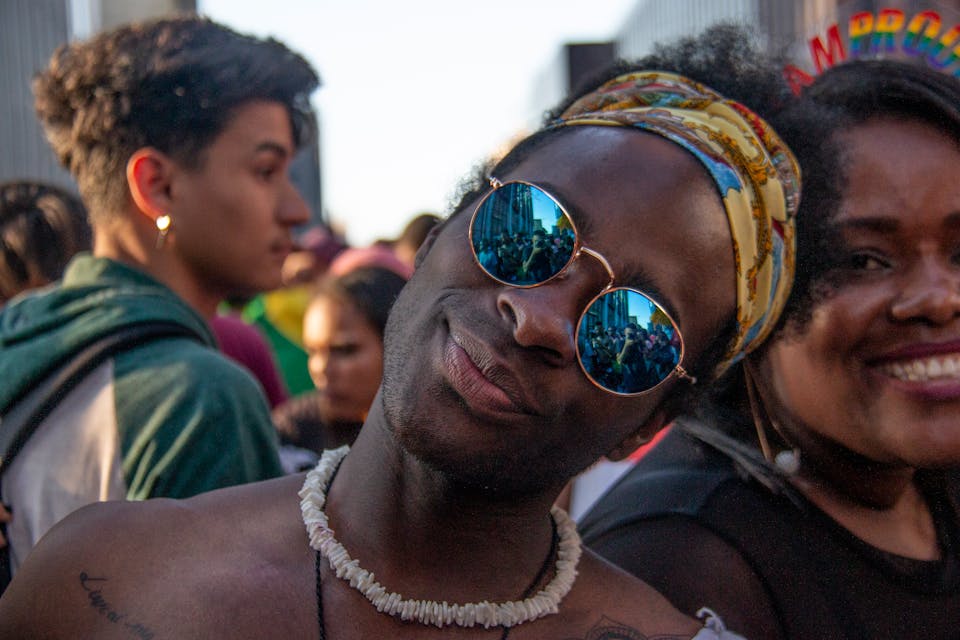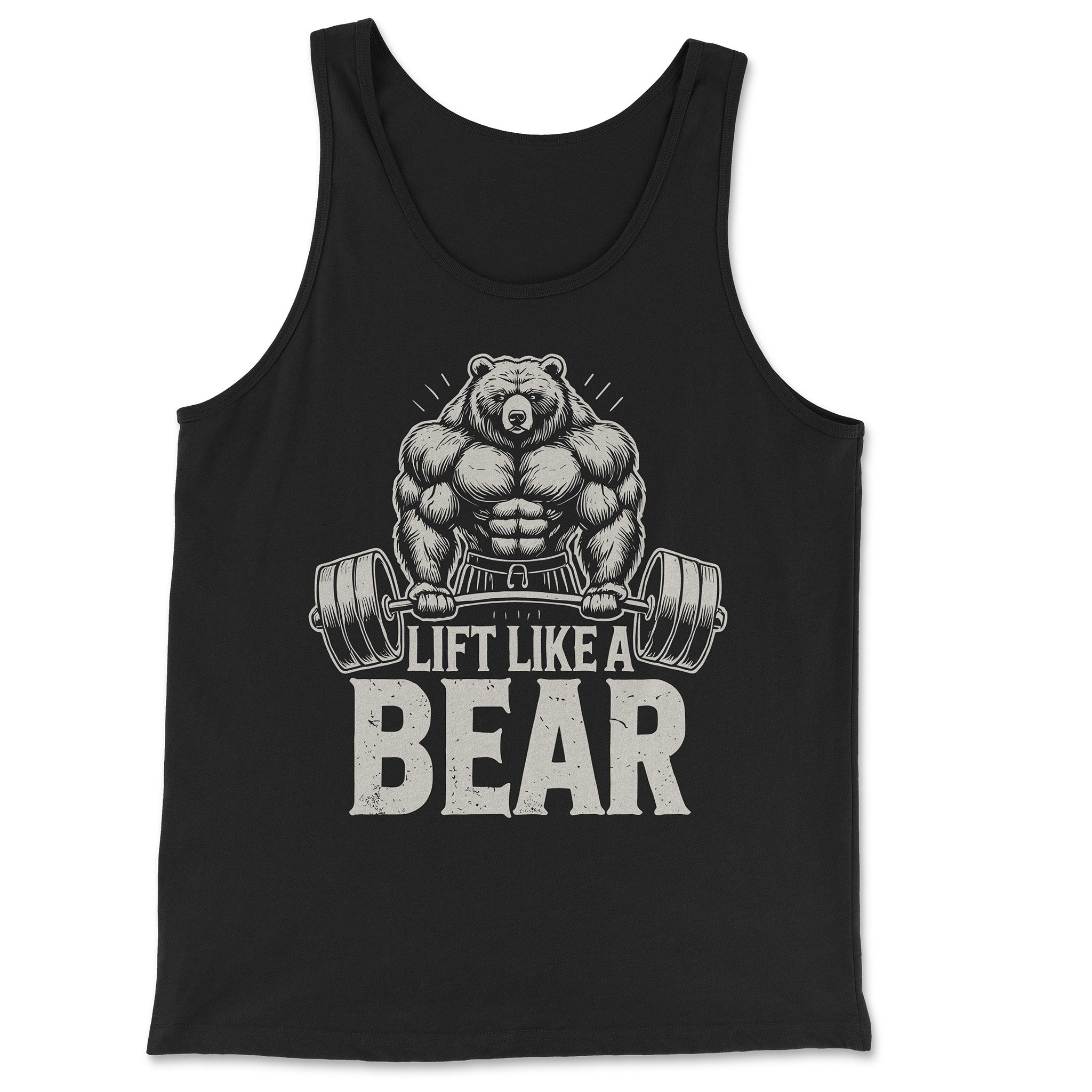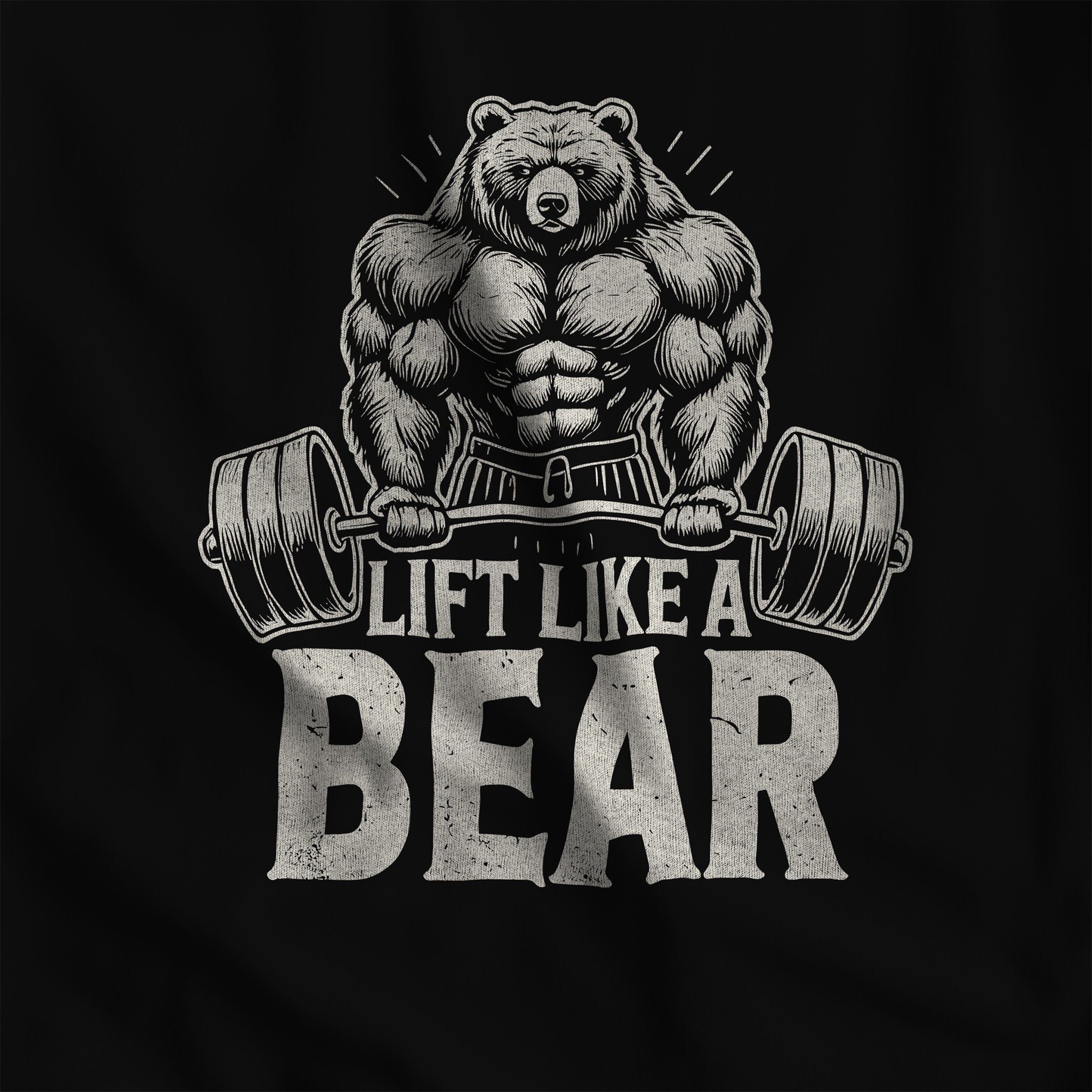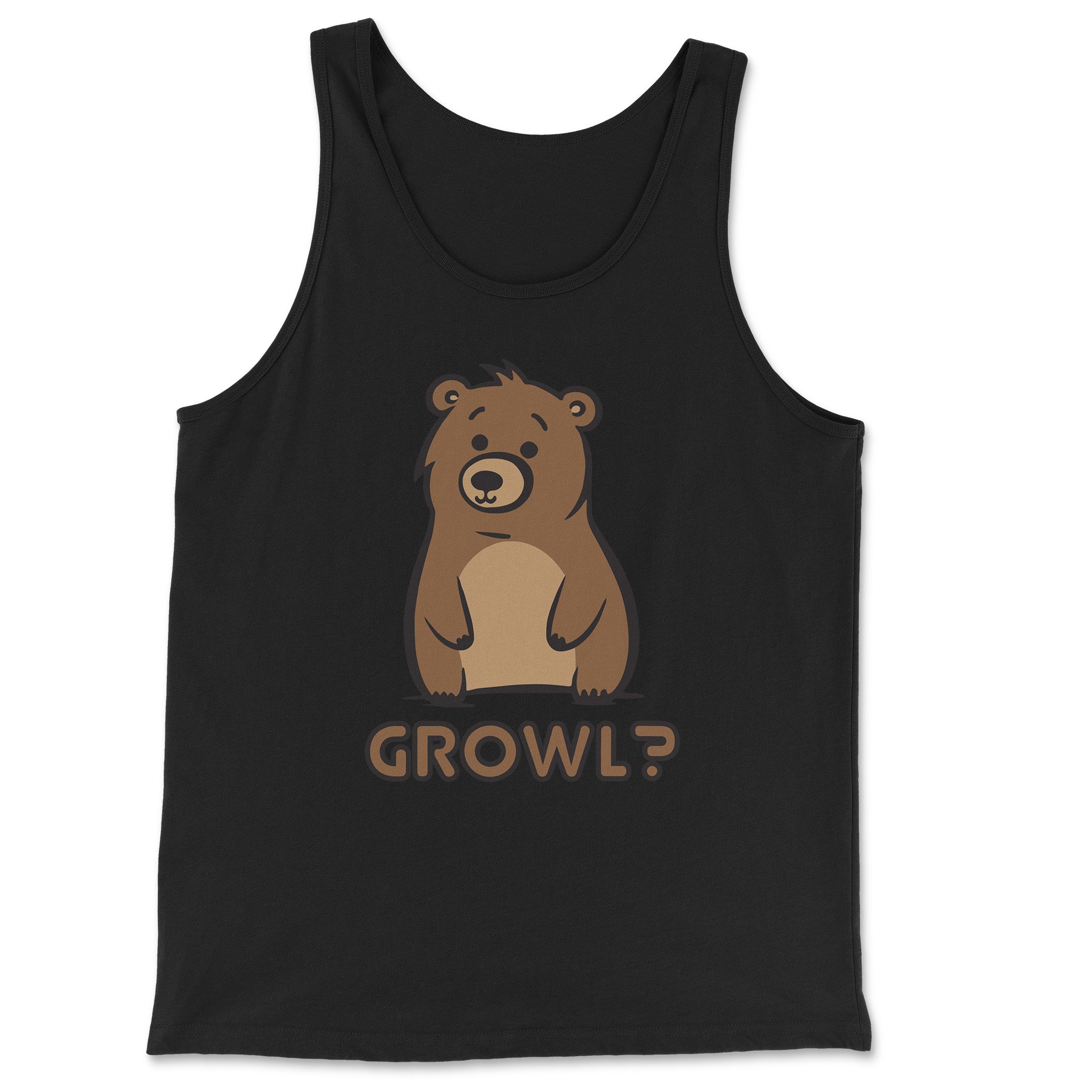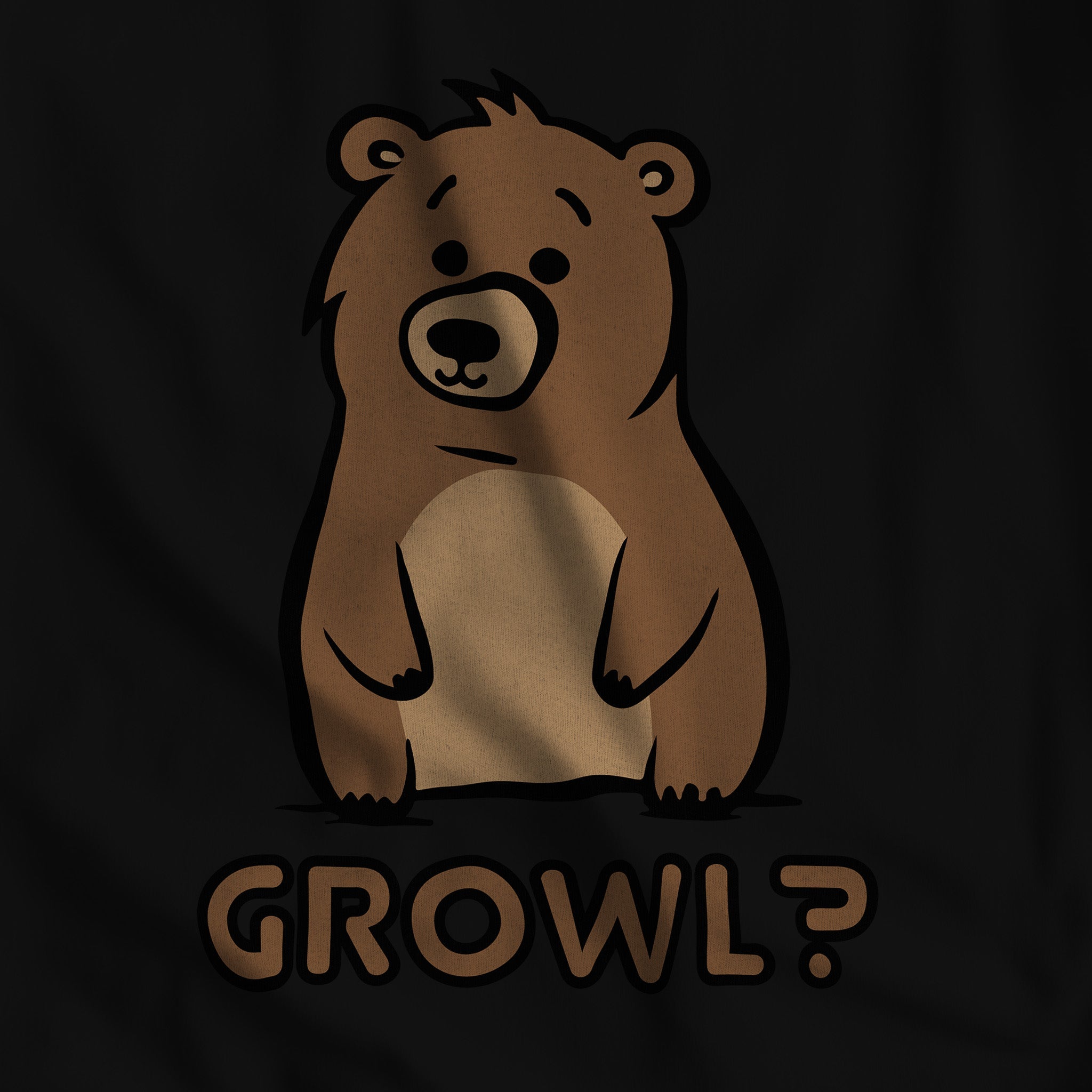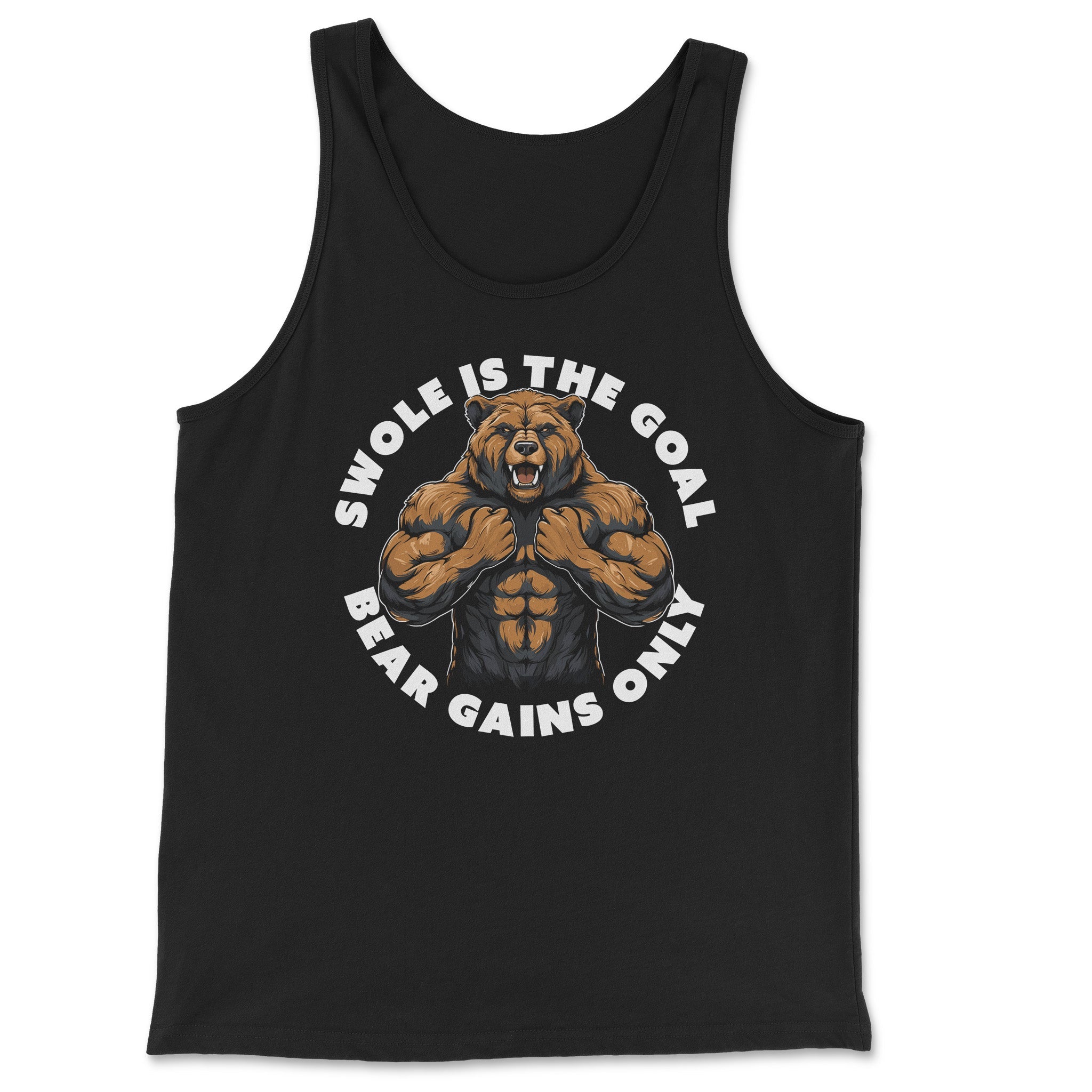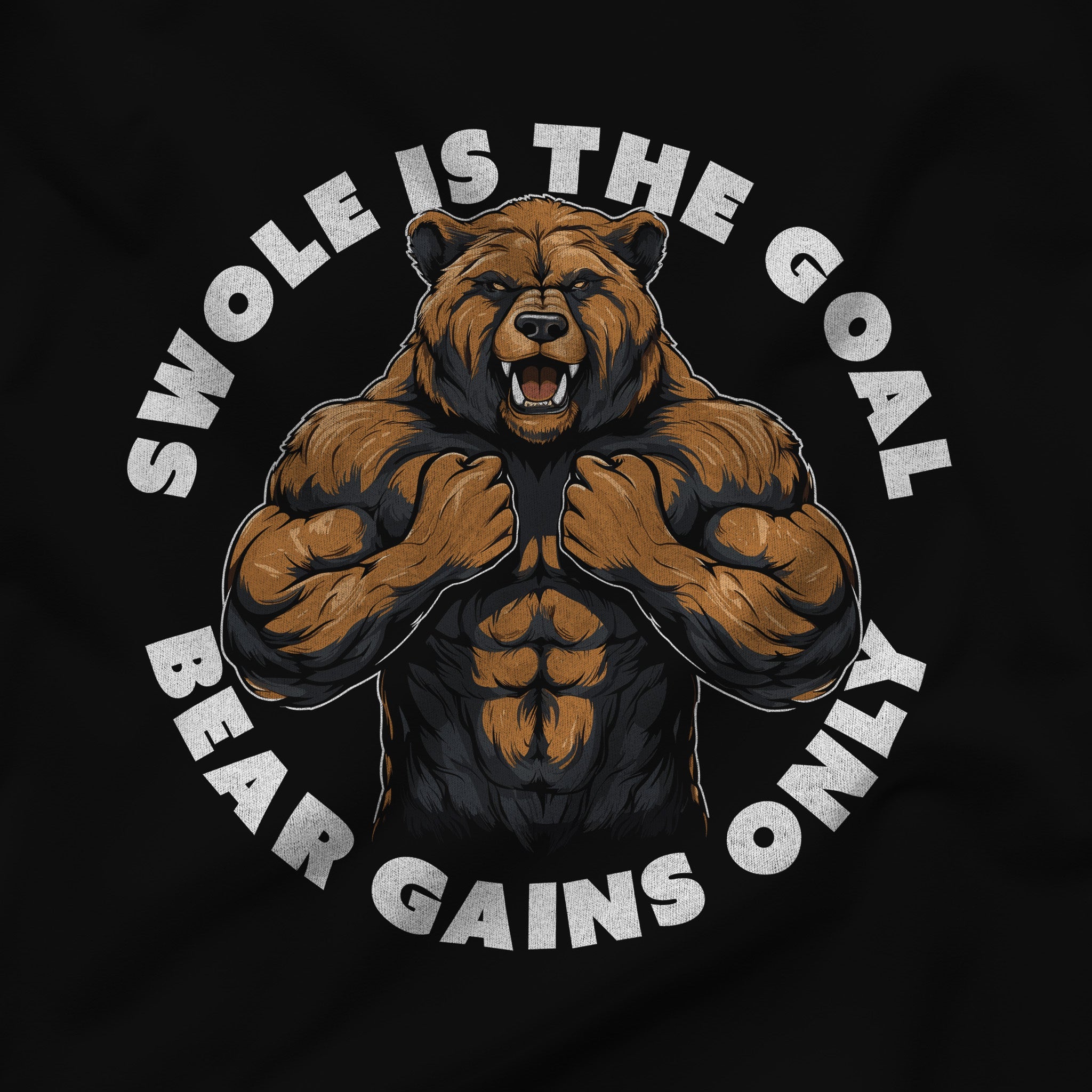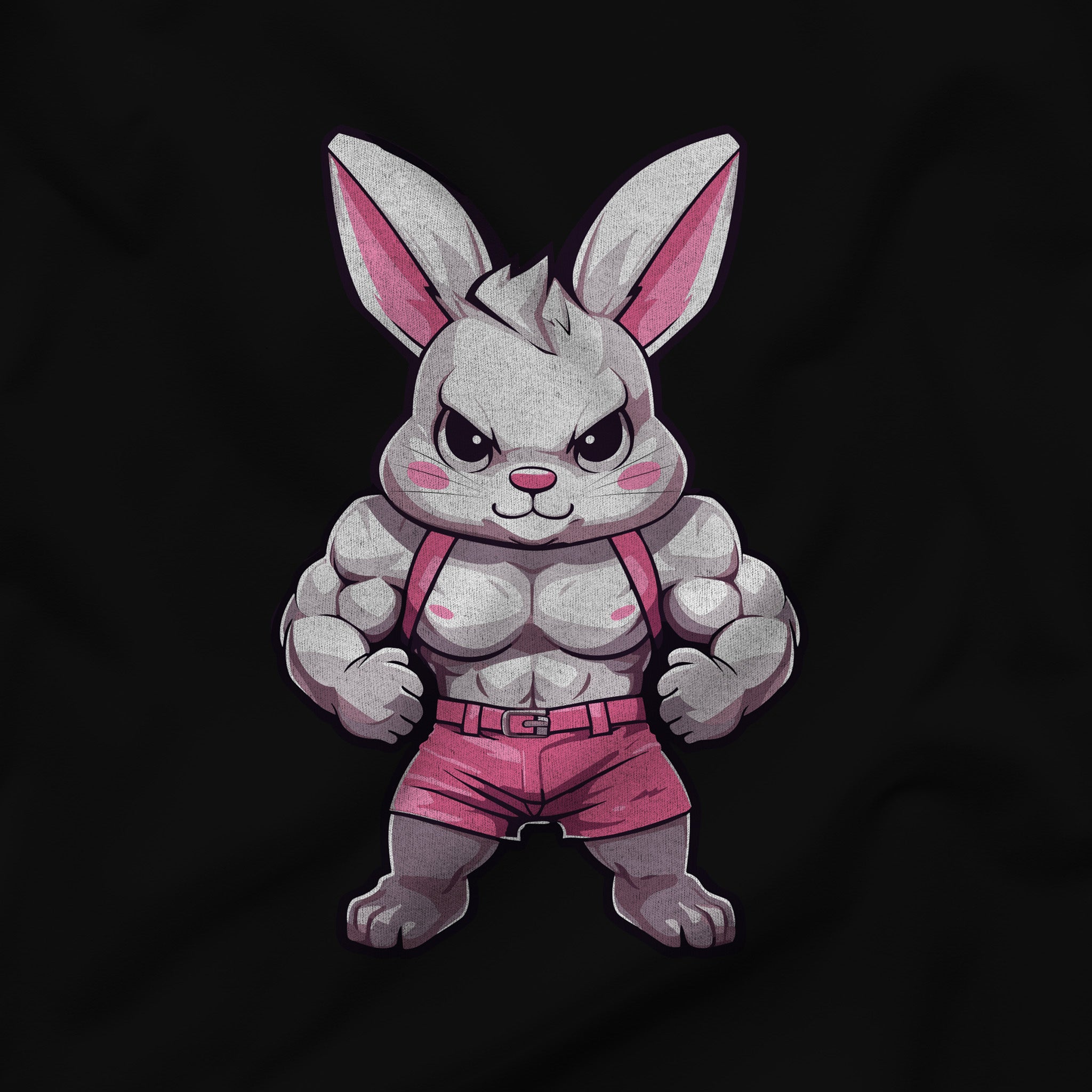Coming out as gay can be a deeply personal and complex experience, especially when considered through the lens of intersectionality.
Intersectionality refers to the way different social categorizations, like race, class, sexual identity, and gender identity, overlap to impact an individual’s experiences, especially around the social structures of racism and oppression.
Understanding intersectionality is crucial in recognizing the diverse challenges and perspectives experienced within the LGBTQ+ community.
Intersectionality and Coming Out
For individuals faced with intersectionality, coming out can entail additional layers of vulnerability and risk.
For example, a Black gay man may face not only homophobia but also systemic racism, both within and outside the LGBTQ+ community. Similarly, a gay immigrant might contend with xenophobia alongside societal judgment of their sexual identity, affecting how and when they choose to come out.
It is important, too, to recognize the pressures existing within various racial, religious, and cultural communities.
In some instances, the community one was raised in may not be tolerant of queer identities, instead encouraging and entrenching traditional heteronormative views of gender, sexuality, and their relationships with one another. When raised to believe that there is only one way to exist, the personal understanding of identity may become complicated and muddied while increasing stress and anxiety around the possibility of rejection.
For people living at these intersections, coming out may feel more like a choice between accepting one part of yourself and rejecting the others. Coming out, instead, may continue the turmoil that can be felt when only living as part of yourself, instead of your whole authentic self.
Navigating Multiple Identities
The fear of compounded discrimination and rejection can deter some from coming out, while others might find strength and unique perspectives from their multifaceted identities that foster resilience and solidarity.
Many cultures have a history of acceptance and celebration of queer identity. For example, Two-Spirit individuals in some Native American traditions. In pre-colonial Africa, there were many cultures where homosexuality and diverse gender identities were revered and celebrated.
The same can be said of pre-colonial South America and South Asia. In ancient China, particularly the western Han dynasty (206 BCE to 220 CE), bisexuality was the norm for the majority of emperors.
In parts of Africa, particularly for the Igbo and Yoruba of Nigeria, gender was not assigned to babies at birth. Instead, gender was more fluid and flexible, determined through age-grade systems and social needs.
The references to queer identities in many of these cultures can be found in folklore, art, literature, and language.
While these open attitudes may no longer be typical in these countries and cultures, they may provide a strong foundation for coming out in the modern day, allowing people to connect all the parts of their identity in a way that feels more holistic, authentic, and affirming. It cannot undo the complications imposed by white Europeans or Western Religions on these cultures, but it can provide context and understanding.
Black, Asian, and Latino queers have played a critical role in advancing LGBTQ+ rights in America dating back centuries, blazing a path forward for all of us.
While knowledge of these histories cannot erase the complexities and complications of intersectionality, it may help individuals understand that people who look and love the way they do have always existed.
Community Support and Resources
It's important for individuals dealing with intersectional issues to find supportive environments that acknowledge and cater to their unique needs.
Resources that focus on intersectionality can provide more nuanced support, understanding, and strategies tailored to their specific circumstances.
There is no doubt that queer individuals face very real discrimination and threats of violence. But these risks are compounded when they come from within your own community and/or are coupled with the systemic racism and power structures that dominate much of North American society.
Engaging with community groups that emphasize inclusivity across different identities can enhance the support system for those coming out. Furthermore, groups that deal with specific intersectional identities can be real difference-makers in personal acceptance, understanding, and establishing dialogue with loved ones.
We encourage you to contact your local cultural centers and hubs to see if they have programming or a group for LGBTQ+ individuals. Similarly, you may find support at your LGBTQ+ center.
Online communities and resources may be a safer and more practical approach for individuals living in small communities or those facing a great risk to their safety. Books, essays, podcasts, and blogs may also be a great help to those who are not yet out and struggling to make sense of it all.
Advocating for Inclusive Spaces
Creating inclusive spaces that recognize and address intersectionality is vital for supporting those coming out.
This involves advocating for policies and practices in both LGBTQ+ and broader communities that consider the complexities of intersecting identities.
If no supportive spaces exist in your city or town, consider starting one of your own. Even something as simple as a regular coffee meet-up can make a world of difference in someone’s experience. Supportive community doesn’t have to be complex or overly involved, it can be as simple as being present, together.
By promoting awareness and inclusivity, communities can better support all their members, regardless of the complexity of their identities.
Find Community with Hunky Tops
Coming out as gay within the context of intersectionality highlights the need for a more nuanced understanding of identity and experience. Recognizing the impact of intersecting identities on the coming out process not only enriches our understanding of individual experiences but also pushes us toward more comprehensive and inclusive support mechanisms.
For anyone navigating this journey, embracing the full spectrum of your identity can lead to a deeper, more authentic expression of self.
Hunky Tops is a queer, Latino-owned business and we face the complexities of intersectionality every single day. It is our sincere hope that through our queer-friendly fashions and our online community, we create a safe and welcoming space for all individuals to express themselves in a way that feels authentic to them!
Visit our store to see our designs and visit our blog for your queer content needs! Follow Hunky Tops on Facebook, Instagram, and TikTok for even more queer-friendly, community-building, content!

